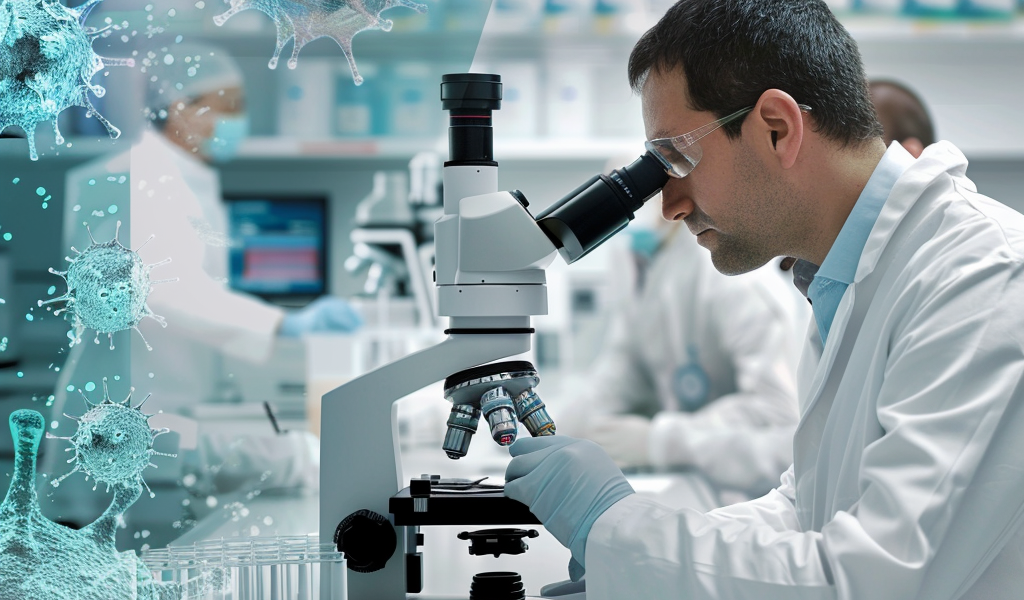A recent study conducted by researchers at the University of Zurich has revealed significant insights into the role of autoantibodies in increasing susceptibility to viral infections, including COVID-19. The findings indicate that approximately 2% of the population develops autoantibodies against type 1 interferons, particularly later in life, which can compromise the immune response to viral diseases.
Type 1 interferons are crucial proteins produced by immune cells in response to viral infections. They act as early warning signals, alerting uninfected cells and tissues about the presence of a virus. This communication allows cells to prepare their defenses and resist infection. However, individuals with autoantibodies targeting type 1 interferons experience a significant impairment in this protective mechanism.
The study highlights that severe viral infections can occur in individuals with a compromised type 1 interferon system, as their bodies are unable to mount an effective immune defense. Research indicates that between 5% to 15% of patients hospitalized with severe cases of COVID-19 or influenza exhibit a deficit in their type 1 interferon response due to the presence of these autoantibodies.
Autoantibodies are antibodies that mistakenly target and bind to the body’s own structures, in this case, type 1 interferons. This binding prevents the normal functioning of these vital proteins, leading to an inadequate immune response against viral pathogens.
Professor Benjamin Hale, the lead researcher at the Institute of Medical Virology at the University of Zurich, emphasizes the importance of understanding the mechanisms behind the immune systems of certain individuals turning against themselves. “With our study, we wanted to find out what causes the immune systems of some people to turn against themselves and to also understand the consequences of having autoantibodies against type 1 interferons,” Hale explains.
The research team utilized a unique biobank of frozen blood samples from the Swiss HIV Cohort Study, which provided a wealth of longitudinal data for analysis. The study involved examining blood samples from approximately 2,000 adults who had donated samples biannually over several decades. The cohort’s connection to HIV was deemed irrelevant to the study’s findings, as the focus was on the immune response rather than the presence of the virus itself.
The implications of this research are profound, particularly in the context of ongoing viral outbreaks and pandemics. Understanding the factors that lead to the development of autoantibodies against type 1 interferons could pave the way for new therapeutic strategies aimed at enhancing immune responses in vulnerable populations.
As the global health community continues to grapple with the consequences of viral infections, studies like this one underscore the need for further investigation into the immune system’s complexities. Identifying individuals at risk due to autoantibody production could be crucial in tailoring preventive measures and treatments for viral diseases.
The findings of this study not only contribute to the scientific understanding of immune responses but also raise important questions about the long-term health implications for those who develop autoantibodies. As research progresses, it will be essential to monitor how these discoveries influence future approaches to managing viral infections and improving patient outcomes.





